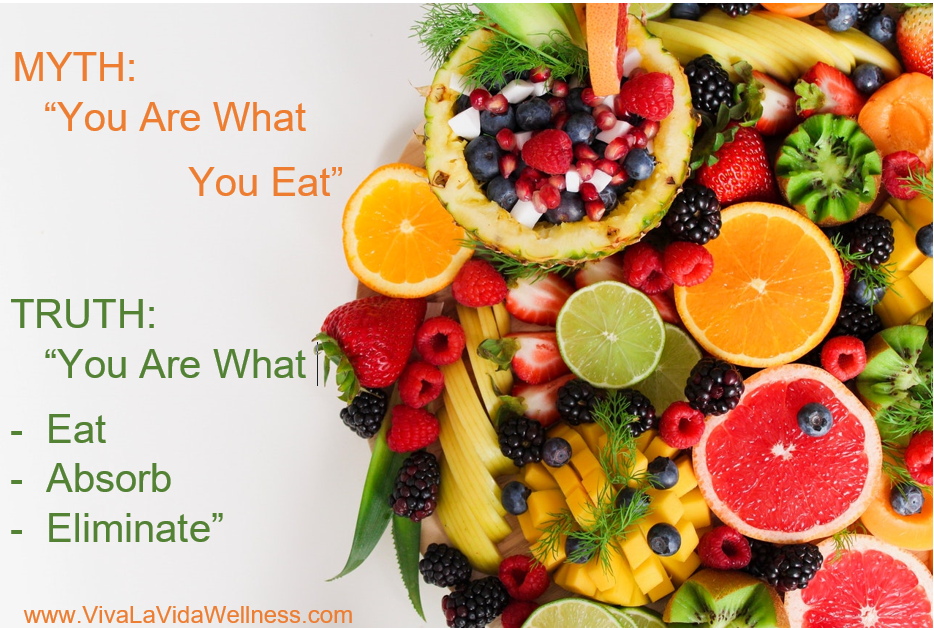The Myth of "You Are What You Eat": A Deeper Look
We’ve all heard the adage, "You are what you eat," since we were young. It’s a catchy phrase that’s meant to inspire healthier eating habits by implying a direct relationship between our diet and our identity or health. But is this saying truly reflective of reality? This article delves into why the direct interpretation of this popular saying can be misleading and oversimplifies the complex relationship between food, health, and identity.

To start, consider the biochemical perspective. The food we consume indeed provides essential nutrients that our bodies use for growth, repair, and maintenance. However, the transformation from food to functional body parts is not a simple process of ‘you eat x, thus you become x.’ Instead, our bodies break down these foods into proteins, fats, carbohydrates, vitamins, and minerals, which are then either used, stored, or expelled. The way our bodies distribute these nutrients doesn’t directly mean we "become" what we eat; rather, we incorporate these nutrients into a much larger, more dynamic system.
Moreover, the genetic influence on our digestion and metabolism adds another layer of complexity. Not everyone processes food the same way. Genetic variations can lead to different outcomes from identical diets; some might benefit from a high-protein diet, while others might not. This variability means that even though two individuals might eat the same types of food, their bodies might react differently, disproving the notion of a universal "food equals identity" equation.
Then there’s the psychological and cultural context to consider. What we eat is not only a choice but also a reflection of our culture, traditions, and personal values. Eating a cheeseburger in the U.S. could be interpreted differently from the same meal in a different cultural context, highlighting that food identity is as much about what we believe and the symbolism we imbue in our food choices, as it is about the food itself.
Let’s also talk about nutrient balance and diet plans. A more nuanced approach to the saying could be, "you are what you absorb and utilize." The importance lies in the balance of nutrients and how our body utilizes them, not merely in what we choose to eat. Over-reliance on a single food type or ignoring the balance necessary for health can lead to deficiencies or health issues, challenging the over-simplified view that our body or health is a direct reflection of our diet.
Additionally, modern science has introduced the concept of the gut microbiome, the community of microorganisms living in our digestive tracts. This ecosystem significantly influences how we interact with food. It can alter digestion, change nutrient absorption rates, and even affect our mood and well-being, suggesting that our "digestive environment" plays a role just as critical as the foods we choose to eat.
Lastly, consider the aspect of choice and lifestyle. What we choose to eat can evolve over time, influenced by education, environment, health needs, and personal beliefs. Someone might adopt a vegan diet for ethical reasons or switch to a high-fiber diet to combat digestive issues. These choices highlight that diet is dynamic and personal, not a static reflection of one’s identity.
By re-examining the saying "you are what you eat" through these various lenses, we uncover its limitations. While eating healthily is undeniably beneficial, attributing our entire being or identity to our dietary choices is an oversimplification. Our diet is part of a broader picture, influenced by biology, genetics, culture, psychology, and personal choices. Understanding this helps us approach eating not with the reductionist view of "I eat this, therefore I am this," but with the knowledge that food is one slice of the pie that makes up our individual health and identity.



